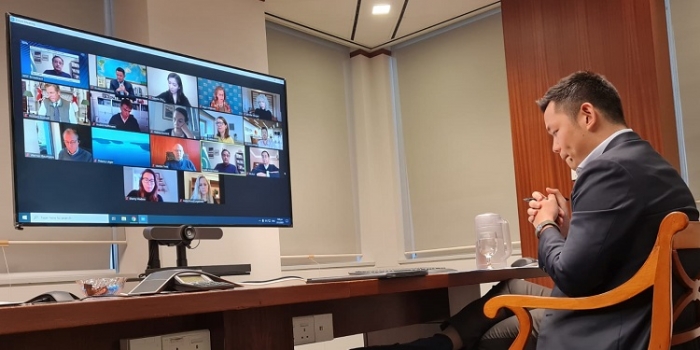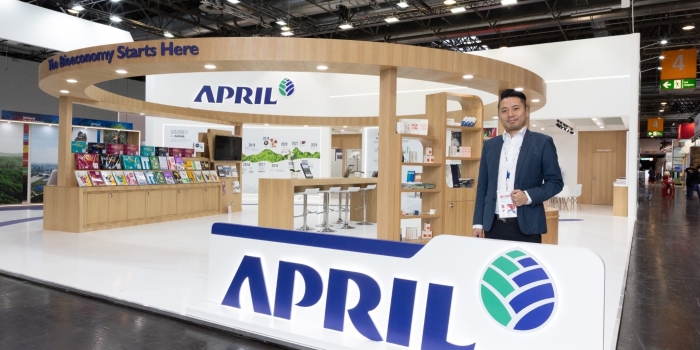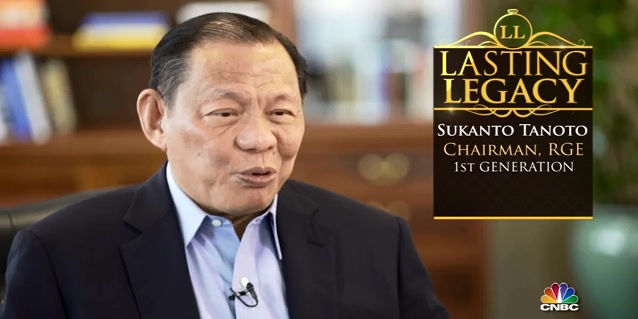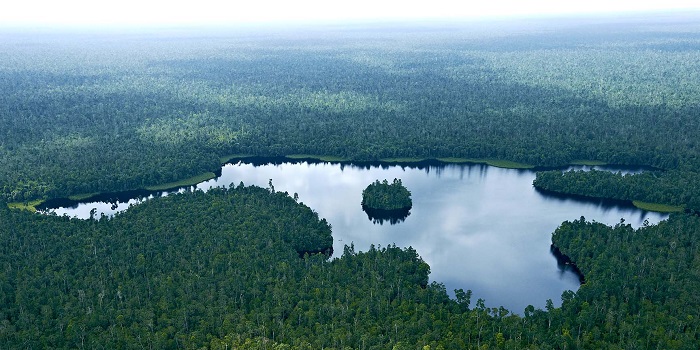“Our goal is to take the carbon credit we generate from our restoration licence and plough it back into conservation and restoration… We then have a self-moving mechanism that allows and encourages more conservation and restoration projects at large.”
RGE Managing Director Anderson Tanoto joined an esteemed panel discussing integrated approaches to climate change and nature loss mitigation at the World Economic Forum Davos 2021 on 27 Jan 2021.
Themed “Building a Net-Zero, Nature-Positive Economy”, the session also featured UNEP Executive Director Inger Andersen, China Society for Finance and Banking’s Chairman of the Green Finance Committee Ma Jun, Federal Minister of Climate Change and Adviser to the Prime Minister of Pakistan Malik Amin Aslam, and Greenpeace International Executive Director Jennifer Morgan.
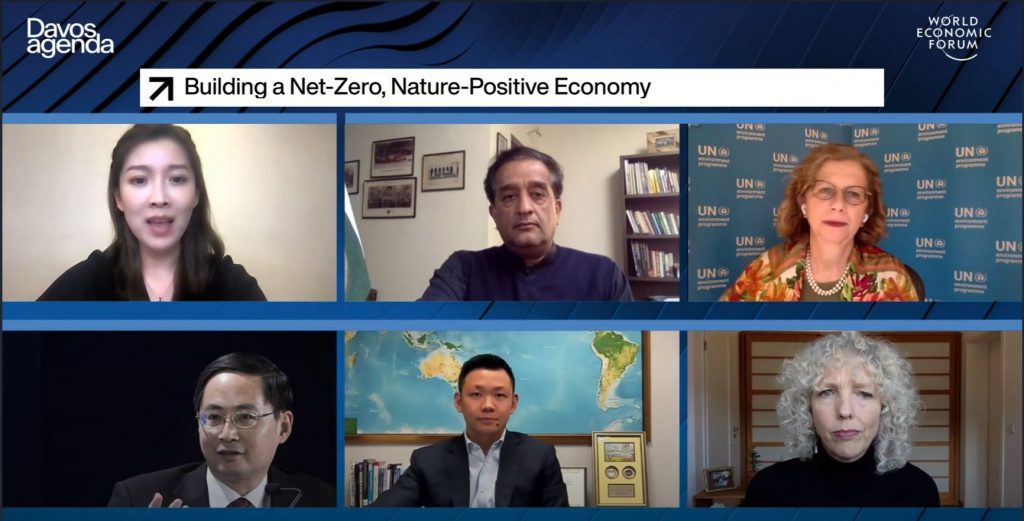
2021’s Davos Agenda was held remotely in light of the COVID-19 global pandemic. In spite of the circumstances, the sharing of ideas, insights and learning lessons remained vigorous and engaging.
Mr Tanoto touched on a variety of topics concerning the opportunities and challenges in how businesses can positively impact nature. In his World Economic Forum blog post on climate change leaders coming from emerging economies, he shared that the formation and upscaling of production-protection compacts in emerging countries are vital. Stakeholders would have to develop and strengthen the right combination of partnerships, regulation and dedicated work on the ground to support not only the climate change mitigation agenda but also the realisation of sustainable development goals.
Production-Protection Compacts
Referencing APRIL Group’s US$100 million 1-for-1 commitment, announced at the 21st Conference of Parties (COP21) in Paris in December 2015, Mr Tanoto explained this unprecedented commitment demonstrated the company’s efforts to tie business together with nature as capital. This commitment involves matching the areas of forest conservation and restoration with the plantations owned by the company.
Mr Tanoto described APRIL Group’s 1-for-1 commitment journey, which conserves 365,000 hectares, as incredible and challenging. The company learned that the processes of forest restoration and protection to that of “letting nature heal itself” were both cost effective and cost efficient.
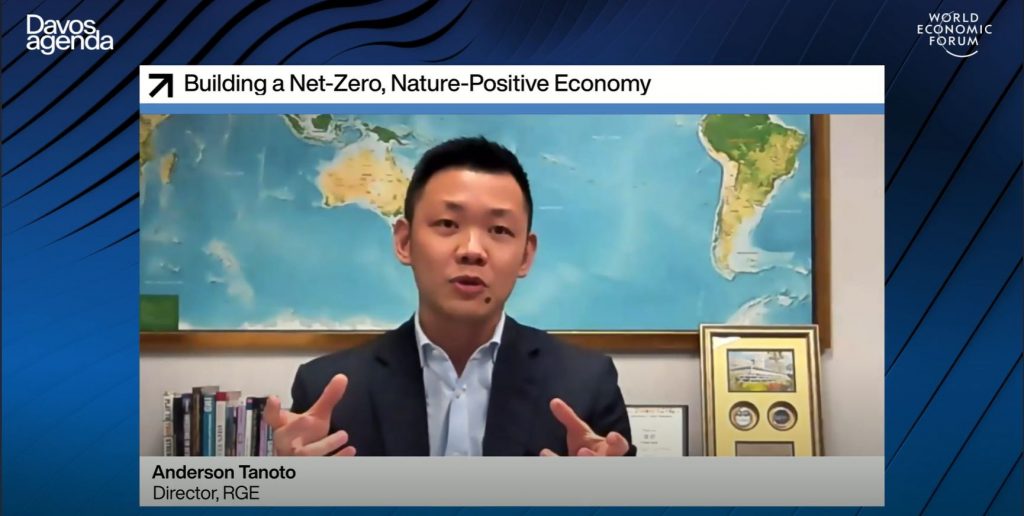
Conservation: Roll Up Our Sleeves And Get The Job Done
Longer term protection still requires long-term commitments. Of the $100 million restoration and conservation commitment, Mr Tanoto revealed that US$45 million has already been spent in the last five years on the protection of 150,000 hectares of restored forests beyond APRIL Group’s conservation areas. He quipped, “Conservation is not cheap – it is dirty, messy, challenging. That’s the reality on the ground. We must be able to roll up our sleeves and get the job done.”
Mr Tanoto elaborated on how the company has explored implementing a self-tariff model in which for every tonne of plantation wood produced from the landscape, a self-imposed tariff of a dollar is apportioned to conservation and restoration. He recognised that while global discourse on natural capital financing continue to build momentum, RGE is moving ahead in exploring a self-funded model that is both feasible and pragmatic on the ground.
View the video recording of Anderson Tanoto’s World Economic Forum 2021 panel discussion here.



